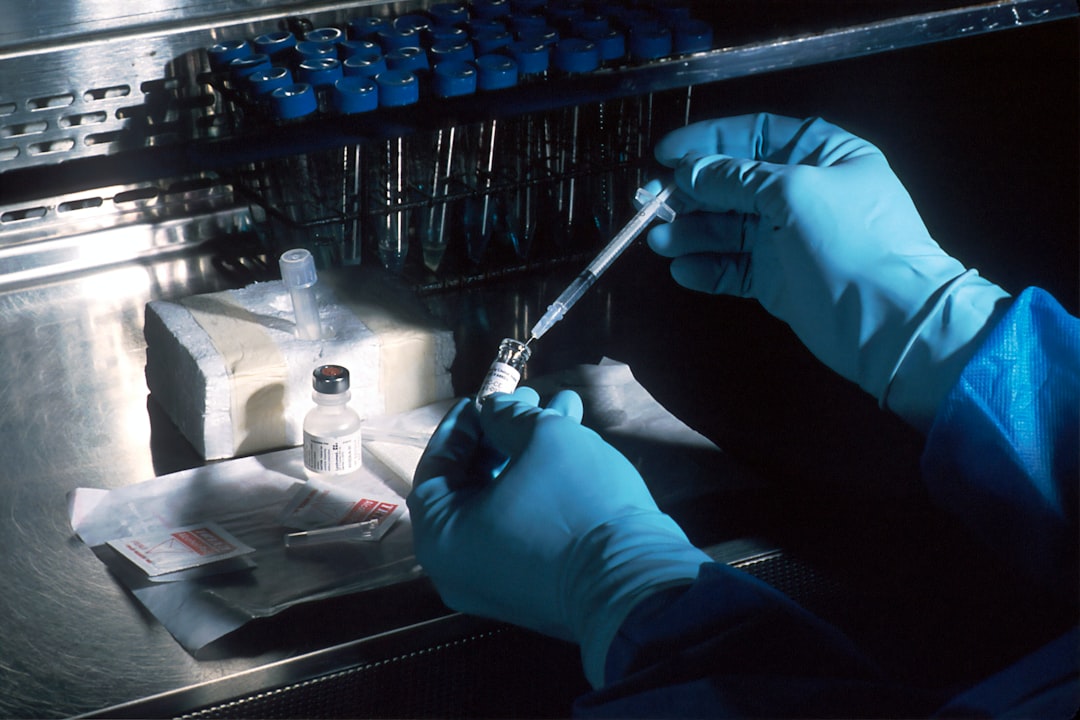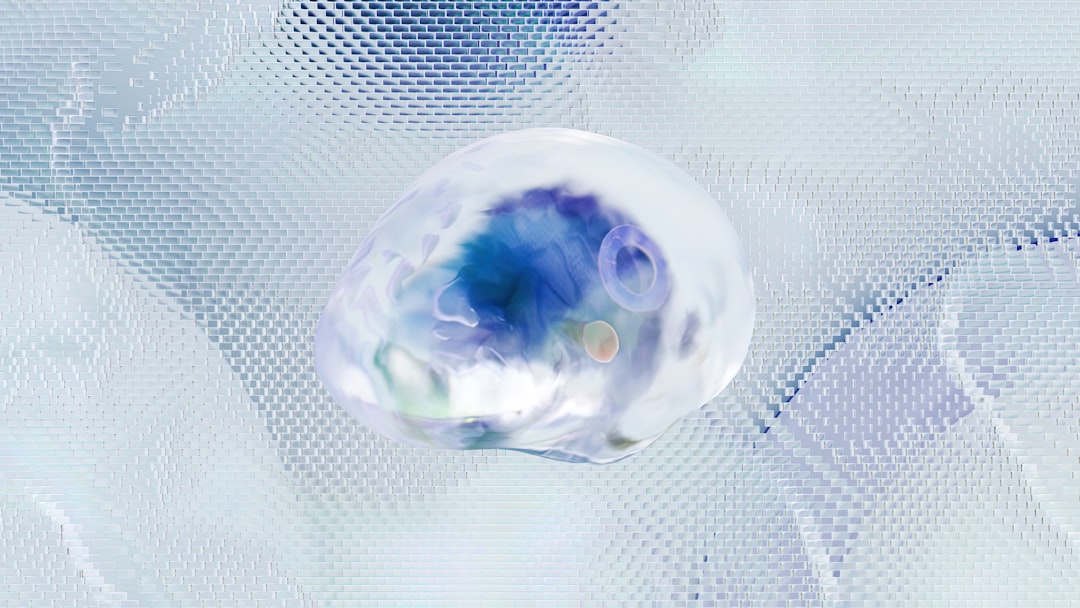What is it about?
We hypothesized that exposure to antibiotics would primarily target the daphnid microbiome with downstream effects on the host fitness. To test this hypothesis, we chronically exposed daphnids to an antibiotic drug ciprofloxacin, which resulted in decreased microbiome diversity. However, contrary to our hypothesis, at low concentrations ciprofloxacin stimulated growth and reproduction in the daphnids, with no adverse effects at high concentrations.
Featured Image

Photo by Adam Nieścioruk on Unsplash
Why is it important?
Although the microbiome was not directly involved in the growth-related responses to the ciprofloxacin exposure, the microbiome’s alterations suggest that exposure to any antimicrobials, which – unlike ciprofloxacin – do not stimulate antioxidant production, would result in gut dysbiosis with possible adverse effects on the host.
Perspectives
In effect studies with antimicrobial substances, both direct effects of antibiotics on eukaryotic hosts and indirect effects via disturbance in the microbe-host association should be assessed.
Elena Gorokhova
Stockholm University
Read the Original
This page is a summary of: Disparate effects of antibiotic-induced microbiome change and enhanced fitness in Daphnia magna, PLoS ONE, January 2020, PLOS,
DOI: 10.1371/journal.pone.0214833.
You can read the full text:
Contributors
The following have contributed to this page










